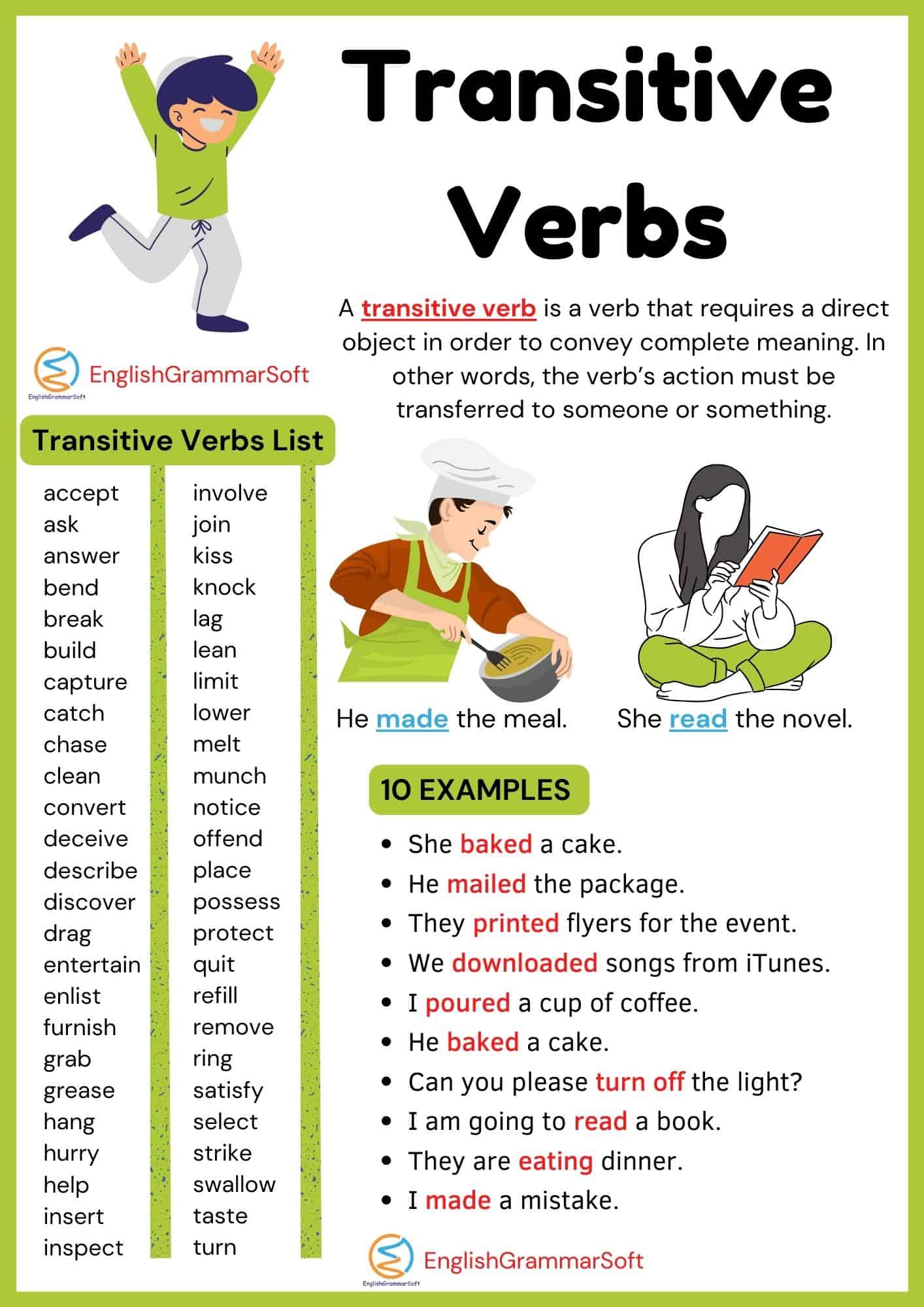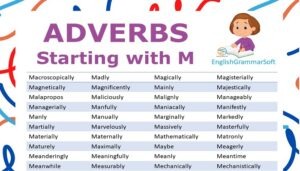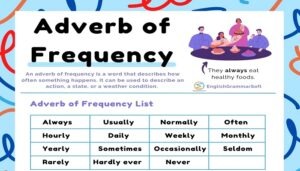What are Transitive Verbs in English? (Examples & List)
What are transitive verbs? Well, simply put, they’re verbs that require a direct object. The direct object is the noun or pronoun that receives the action of the verb. For example, take the sentence “I am eating breakfast.” In this sentence, the verb “eating” is transitive because it requires the direct object “breakfast.” If we remove the direct object, we’re left with something that doesn’t make much sense: “I am eating.”
What is a transitive verb?
A transitive verb is a verb that requires a direct object in order to convey complete meaning. In other words, the verb’s action must be transferred to someone or something. For example, in the sentence “I read a book,” the verb “read” is transitive because the action (reading) is being transferred from the subject (I) to the object (book).
It’s important to note that not all verbs are transitive. In fact, many verbs are intransitive, which means they don’t require a direct object to complete their meaning. For example:
- She slept soundly through the night. (In this sentence, there is no direct object; therefore “slept” is an intransitive verb.)
- He ran quickly out of breath. (Again, no direct object; “ran” is intransitive.)
- They arrived at noon sharp. (And once more — you guessed it — no direct object; “arrived” doesn’t need one!)
How do you identify a transitive verb?
The verb is not complete without the object. For example, in the sentence “I am washing the car,” the verb is “washing” and it is transitive because it has both a direct object (“the car”) and an indirect object (“I”).
How do you tell if a verb is transitive or intransitive?
Here are some other examples of transitive verbs:
- I am writing a book.
- She is making breakfast.
- They are painting the house.
- We are sending an email.
As you can see, each of these sentences contains a subject (I, She, They, We), a verb (writing, making, painting, sending), and a direct object (book, breakfast, house, email). Without the direct object, the sentence would be incomplete and lack meaning.
The importance of transitive verbs
Languages around the world use different types of verbs, but transitive verbs are common to many. They are also some of the most basic and essential words in any language. In English, for example, some of the most common transitive verbs are “bring,” “carry,” “make,” and “do.”
One of the most important things to know about transitive verbs is that they are an essential part of communication. Transitive verbs are those that express action and transfer that action to someone or something.
Transitive verbs are important in both written and spoken communication. In written language, they can help make your writing more direct and concise. In spoken language, they can help you be more clear about what you want or intend to do.
The different uses of transitive verbs
In grammar, a transitive verb is a verb that requires one or more objects. These objects can be direct objects, indirect objects, or objects of a preposition. Transitive verbs are action verbs; they express action that is done to someone or something.
Here are some examples of popular transitive verbs:
- I baked a cake. (direct object)
- Josh gave me a book. (indirect object)
- Can you pass the salt? (direct object)
- We put our coats on the hooks. (direct object)
- They served dinner at 6 p.m. (direct object)
- Boys and girls, clean up your rooms! (indirect object)
Transitive Verb List
- accept
- ask
- answer
- bend
- break
- build
- capture
- catch
- chase
- clean
- convert
- deceive
- describe
- discover
- drag
- entertain
- enlist
- furnish
- grab
- grease
- hang
- hurry
- help
- insert
- inspect
- involve
- join
- kiss
- knock
- lag
- lean
- limit
- lower
- melt
- munch
- notice
- offend
- place
- possess
- protect
- quit
- refill
- remove
- ring
- satisfy
- select
- strike
- swallow
- taste
- turn
- try
- use
- vacate
- warn
- want
- win
- wrap
Transitive Verb Examples (30 Sentences)
- She baked a cake.
- He mailed the package.
- They printed flyers for the event.
- We downloaded songs from iTunes.
- I poured a cup of coffee.
- He baked a cake.
- Can you please turn off the light?
- I am going to read a book.
- They are eating dinner.
- He will buy a carton of supplies.
- I would simply make some positive contributions.
- She has sent for the cab.
- I deliver to the hotel every day.
- The store sent us a second chair with no charge.
- They delivered your package.
- Mary eats apples.
- This bird plays in the tree.
- I will play a computer game.
- She brews coffee every morning before she leaves for work.
- She pays her bills once a month.
- He takes pills daily to help him relax.
- The new manager surveyed everyone about the previous manager’s program and changed it as needed.
- Sam found a job but only works there for a month before he decides to try something more stable.
- David got into a fight once and never wanted another, so he trained hard in self defence and combat training because of it.
You can usually tell if a verb is transitive by seeing if you can answer the question “What?” after the verb. For example, in the sentence “I eat apples,” you can answer the question “What?” with “apples.” This means that “eat” is a transitive verb.
Not all verbs are always transitive. Some verbs can be used both transitively and intransitively. For example, the verb “walk” can be used both ways. You can say “I walk to school,” which is transitive, or you can say “I walk around the block,” which is intransitive.

More to read





